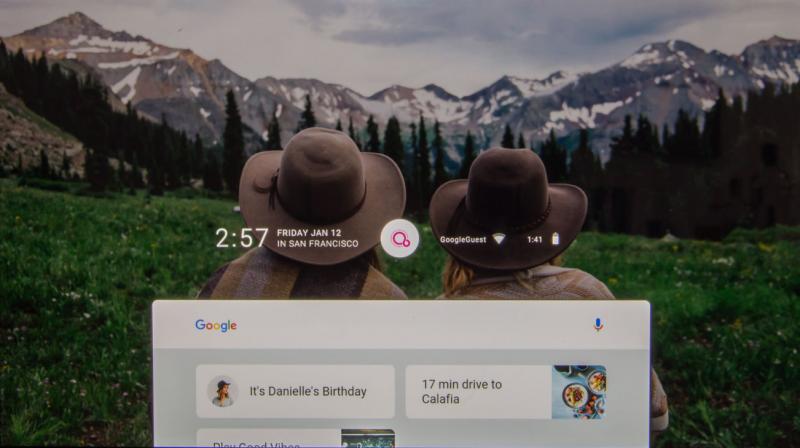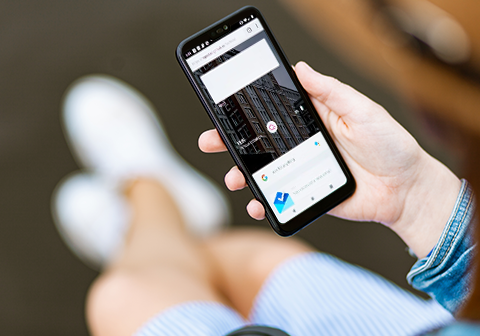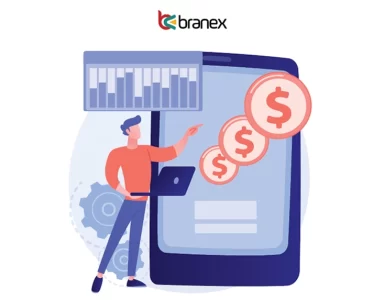“The enterprise that does not innovate ages and declines. And in a period of rapid change such as the present, the decline will be fast.” ~Peter Drucker
If you’re our regular reader you must’ve read our Google Fuchsia OS Update. Google was supposed to announce the release date in October of last year. But somehow that announcement never happened.
The project, known as Fuchsia, was created from scratch to overcome the limitations of Android as more personal devices and other gadgets come online. It’s being designed to better accommodate voice interactions & frequent security updates and to look the same across a range of devices, from laptops to tiny internet-connected sensors. Google Chief Executive Officer Sundar Pichai has set his company in this direction – toward artificial intelligence services that reach consumers everywhere. Let us look at the release date of Google Fuchsia and what you need to know about Google Fuchsia:
When will Google Fuchsia be released?
We have been listening to the rumors of Google Fuchsia since August 2016. Although the web demo help users to see how Google Fuchsia OS will look on their mobile phones – the public release date is still under question.
In Google, I/O 2018, Nick Kralevich, Google’s former head of Android platform security shared a hint that, ‘Google is working on a new, experimental, operating system.’ Kralevich didn’t mention any release date, however, this proved that Google is secretly working on its new OS and believes to outsmart Apple and other competitors in the market with this new OS.

This should put together all the expectations we have for Google Fuchsia OS and without a hunch, we can assume that Google is not planning to release Fuchsia for the public, not before 2019. However, there is no need to feel miserable about it, Google might release an advanced demo this year or by the year 2019.
What do we know about Google Fuchsia OS?
The first thing that we know about Google Fuchsia OS is that it is being developed right out in the open. We have even seen a video a couple of times. But Google is still silent about the release date of its new operating system.
We know that Fuchsia OS is not developed on Linux Kernel like Android and Chrome OS. Instead, Google uses Zircon Kernel – an in-house programming language by Google. To cut it short, Fuchsia is all about Google from top to bottom, I every aspect of its development.
We develop mobile apps that delight users and grow businesses.
The engineers at Fuchsia are taking baby steps to and testing Fuchsia on smart home devices and implement the technology on Google Home smart speaker in the next 3 years. Google plans to move onto laptops in a span of the next 5 years. This is just a prediction, there is no official statement from Google yet on the release date of Google Fuchsia.
An open-source version of Google Fuchsia OS which can be installed on Google Pixelbook. This is just an experimental version so consider it as a work in progress.
Moving from Linux to new kernel gives a fresh slate to develop a speedier system without technologies which were not available for the past few decades. The transition from the Android could help Google to distance themselves from Oracle Corp. which sued Google in the year 2010 for patent infringement.
The transition from the Android of today also could potentially further distance the software from Oracle Corp., which sued Google in 2010 for patent infringement related to key software components such as Java.
One core benefit of is that its offers challenge to veteran open-source hackers in the company to break through the system. This tells us how much Google has put some Google Fuchsia OS effort in the security to compete with the rivals.
ZDNet even speculated that ” Google Fuchsia OS is not a replacement for what we already have; it’s a door to a future we’re not living in yet.”
To wrap it all
There’s also the obvious question of how Google would transition hardware partners who currently make Android-based products to Fuchsia.
If it succeeds, Google could be in a better position to rival Apple in terms of delivering more consistent performance and security updates on its platform.
Besides the engineering challenge at hand in building a better OS, Google will also have to work hard to get various stakeholders – including third-party hardware manufacturers and software developers – on board its new platform. Godspeed, Mountain View.




